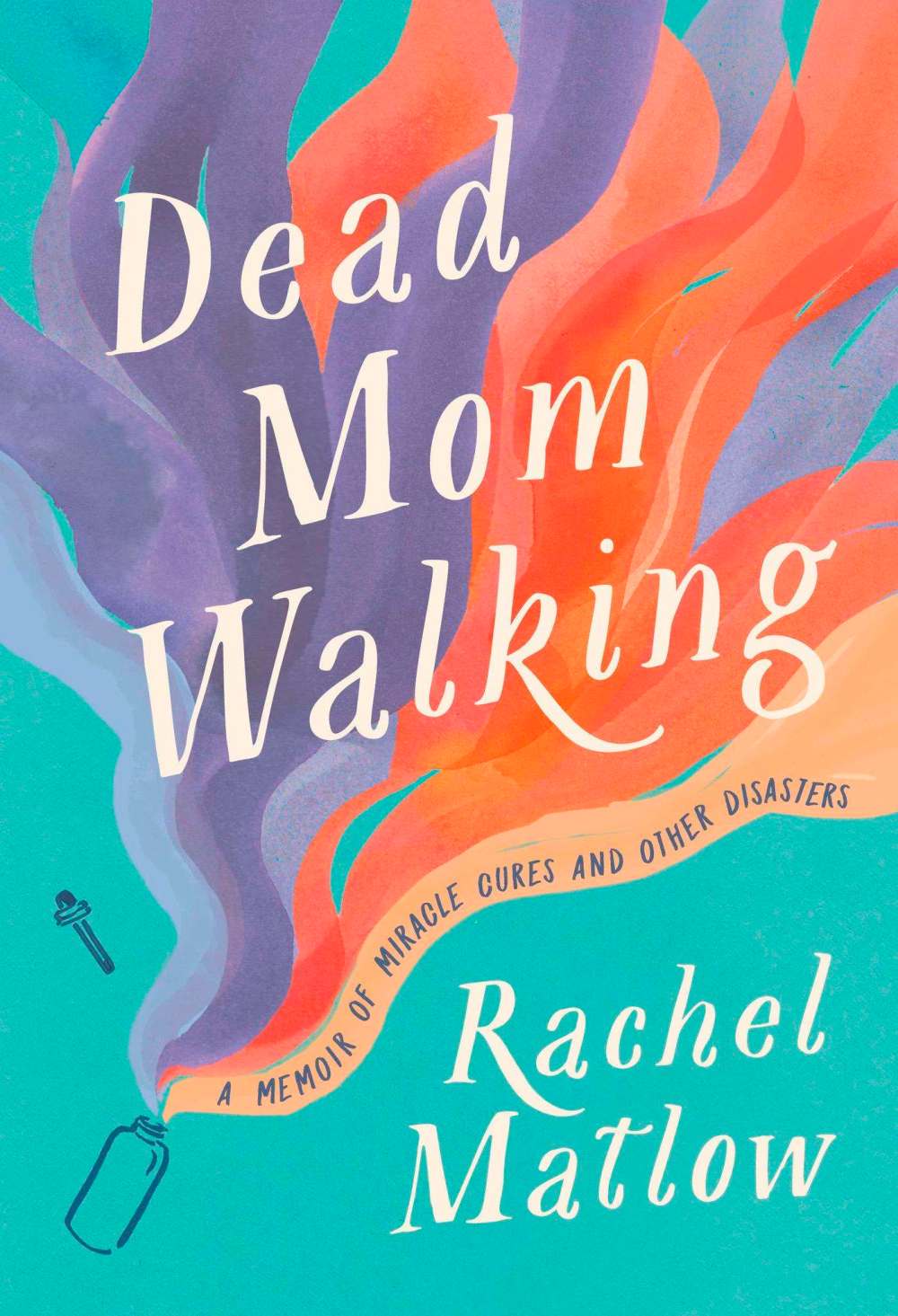Memoir muses on mother’s final years
Advertisement
Read this article for free:
or
Already have an account? Log in here »
To continue reading, please subscribe:
Monthly Digital Subscription
$0 for the first 4 weeks*
- Enjoy unlimited reading on winnipegfreepress.com
- Read the E-Edition, our digital replica newspaper
- Access News Break, our award-winning app
- Play interactive puzzles
*No charge for 4 weeks then price increases to the regular rate of $19.00 plus GST every four weeks. Offer available to new and qualified returning subscribers only. Cancel any time.
Monthly Digital Subscription
$4.75/week*
- Enjoy unlimited reading on winnipegfreepress.com
- Read the E-Edition, our digital replica newspaper
- Access News Break, our award-winning app
- Play interactive puzzles
*Billed as $19 plus GST every four weeks. Cancel any time.
To continue reading, please subscribe:
Add Free Press access to your Brandon Sun subscription for only an additional
$1 for the first 4 weeks*
*Your next subscription payment will increase by $1.00 and you will be charged $16.99 plus GST for four weeks. After four weeks, your payment will increase to $23.99 plus GST every four weeks.
Read unlimited articles for free today:
or
Already have an account? Log in here »
Hey there, time traveller!
This article was published 02/05/2020 (2012 days ago), so information in it may no longer be current.
Humour, tenderness, frustration and anger are all contained in Rachel Matlow’s memoir Dead Mom Walking, about the life and death of her mother, Elaine.
Matlow’s book is dubbed a “Traumedy,” which reflects her even blend of comedy and tragedy to form a uniquely personal narrative. She writes about the approximately six-year period between when her mother was first diagnosed with Stage 1 rectal cancer and the months following Elaine’s death, in which Matlow seeks deeper insight into the overwhelming question: Why did her mother refuse to follow her oncologists’ and doctors’ advice for treatment?
Matlow, who was a longtime producer on CBC Radio’s Q, first explored her mother’s story in an audiocast of the same name that won a 2016 Third Coast award and a 2017 Gabriel Award.

Elaine was never a typical mom to Matlow and her brother Josh. She followed her own desires to travel and explore the world without seeming to experience the guilt many mothers feel about leaving their children.
A teacher at an alternative school in Toronto, Elaine maintains a friendship with her ex-husband, Teddy, while going through a series of boyfriends.
On one hand, Matlow admires her mother’s sense of adventure and free spirit. But she also envies others whose mothers behave in a more conventional manner.
Elaine announces her plan to cure her cancer through alternative medicine, including herbal tinctures, a raw food diet and talking to her cancer cells. She reads a number of books about people who were supposedly cured without conventional medical treatment and develops a distrust for what she calls “Big Pharma.”
“Listen,” she tells Matlow, “if I had faith in Western medicine I would endure its hazards. I wish I could believe in it. But I don’t.”
While Matlow struggles to convince her mother to listen to the medical experts rather than a bunch of con artists, she also fights to stay sane at work. She details the nightmare she experienced as a producer working with former Q host Jian Ghomeshi. “At work I was busy navigating another person’s warped perspective. Jian had his own version of reality and he expected everyone to go along with it.”
She describes how Ghomeshi took credit for the work of others, twisting the truth so Matlow and her co-workers felt that they were in the wrong.
While Ghomeshi’s ultimate dismissal from CBC after he was accused of assaulting three women is well-known, Matlow’s personal revelations about working with him prior to that are insightful. His public persona, primarily created by Matlow’s words and those of other producers who wrote his memorable opening monologues, differed so greatly from his true nature.
As Elaine’s health gradually declines and hopes of finding a cure dwindle, Matlow gives up a personal relationship to move in with her. Mother and daughter enjoy quality time watching movies about Paris and remembering their shared adventures there.
Matlow knows Elaine’s time has almost run out, but Matlow is still shocked when a doctor tells her that her mother has only weeks to live. She ultimately describes her mother’s death in a very realistic, loving manner.
In the time after her mother’s death, Matlow keeps busy organizing Elaine’s “after-party” featuring more than 100 guests. She also has a memorial bench placed on a pathway close to her mother’s former apartment building with an inscription Elaine requested. But soon Matlow’s grief catches up with her ,and she is forced to dig deeper into their relationship.
While most of us don’t have a mother like Elaine, we know someone who is likely to reject conventional medicine and gamble on their ability to find a magical cure for their illness. Matlow’s account of desperately trying to convince her mother to make the right choice while still respecting her right to choose makes Dead Mom Walking a sad but insightful book.
Andrea Geary is a reporter with Canstar Community News.
History
Updated on Sunday, May 3, 2020 5:22 PM CDT: Corrects reference to Elaine.

